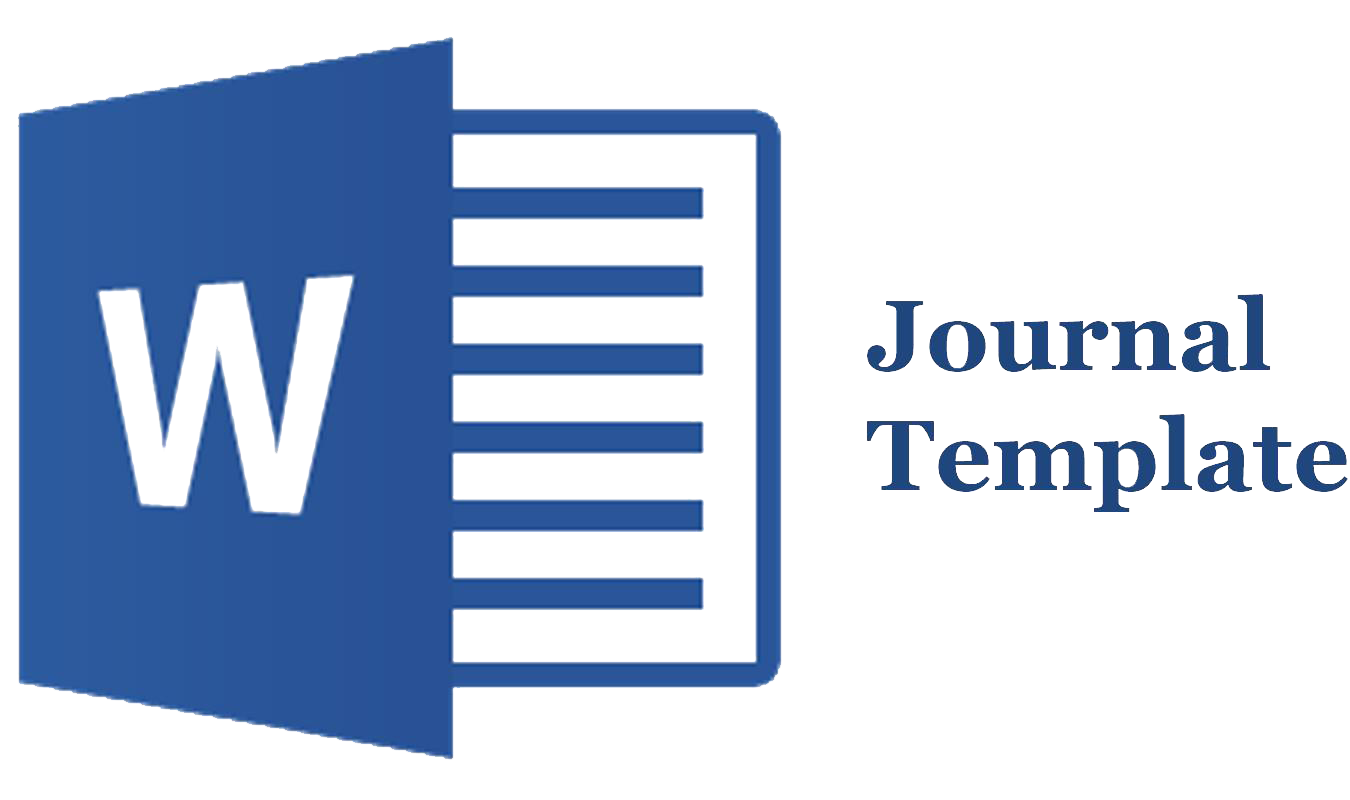The Effectiveness of Using Wordwall to Improve Vocabulary Mastery of The First Graders at MTs Futuhiyyah Bumirejo
DOI:
https://doi.org/10.53866/ajirss.v2i4.550Keywords:
wordwall media, vocabulary masteryAbstract
The objectives of this study are:1) To know how to improve vocabulary mastery in the first graders at MTs Futuhiyyah Bumirejo. 2) To create interesting vocabulary learning media that suits the needs of students in the first graders at MTs Futuhiyyah Bumirejo. 3) To use of wordwall media in the first graders at MTs Futuhiyyah Bumirejo in helping to improve learning activities. The research method used is a true experimental research method. The basic approach to the experiment involves the activities of researchers starting from observations about the level of vocabulary maintenance possessed by first grade students of MTs Futuhiyyah Bumirejo. Based on the research include the following 3 things: 1) For the first hypothesis, how the use of wordwall affects the level of vocabulary mastery of students. This is evidenced by the value of Tcalculate 4,000 greater than Ttable 2,005. 2) The second hypothesis, that there is an increase in scores from the experimental class pretest and experimental class postest obtained after the treatment using wordwall media. 3) The third hypothesis how to result in the Pretest Postest-Control Class value with the Pretest Postest-Experiment Class. This can be seen from the results of the scores of each test. Based on the result, it was able to know were the difference of the students score in post-test of control and experimental class in vocabulary mastery. Result of experimental class found the highest score was 90,00, the lowest score was 70,00. In post-test of the control class found the highest score was 85,00, and the lowest was 55,00. So it can be concluded from the second hypothesis that there is a significant ability by the Experimental class with the experimental using wordwall media to improve students' vocabulary mastery.
References
Abdul Rahman, R., Mandarsari, P., Amir, S., Sulawesi Barat, U., Baharuddin Lopa, J., Majene, K., Barat, S., Negeri Yogyakarta English Dapartment, U., Colombo Yogyakarta No, J., Malang, K., Depok, K., Sleman, K., Istimewa Yogyakarta, D., keperawatan YPPP Wonomulyo, A., Gatot Soebroto No, J., Wonomulyo, K., & Polewali Mandar, K. (2023). Using Word Wall Website As A Strategy To Improve Students’ Vocabulary Mastery. Journal on Education, 05(03), 9654–9661.
Aditya, F., Muchayan, A., Bahaswan, R., Lestari, S. E., & Bt Zulkifli, C. Z. (2021). Uji Beda Kinerja Keuangan Bank Menggunakan Independent Sample T-Test. E-Jurnal Spirit Pro Patria, 7(1), 48–57. https://doi.org/10.29138/spirit.v7i1.1493
Arsyam, M., & M. Yusuf Tahir. (2021). Ragam Jenis Penelitian dan Perspektif. Al-Ubudiyah: Jurnal Pendidikan Dan Studi Islam, 2(1), 37–47. https://doi.org/10.55623/au.v2i1.17
Fatimah, S. (2020). Students’ Vocabulary Mastery through Word Wall at SMPN 44 Surabaya. JournEEL (Journal of English Education and Literature), 2(2), 22–33. https://doi.org/10.51836/journeel.v2i2.166
Hartatiningsih, D. (2022). Meningkatkan Penguasaan Vocabulary Bahasa Inggris Dengan Menggunakan Media Wordwall Siswa Kelas Vii Mts. Guppi Kresnomulyo. Action : Jurnal Inovasi Penelitian Tindakan Kelas Dan Sekolah, 2(3), 303–312. https://doi.org/10.51878/action.v2i3.1443
Hayati, A. F. (2010). Annur Fitri Hayati, 2014 Pengaruh metode blended learning terhadap pemahaman konsep Universitas Pendidikan Indonesia | repository.upi.edu | perpustakaan.upi.edu 1. 1–8.
Janna, N. M., & Herianto. (2021). Artikel Statistik yang Benar. Jurnal Darul Dakwah Wal-Irsyad (DDI), 18210047, 1–12.
Pradini, P. C., & Adnyayanti, N. L. P. E. (2022). Teaching English Vocabulary to Young Learners with Wordwall Application: An Experimental Study. Journal of Educational Study, 2(2), 187–196. https://doi.org/10.36663/joes.v2i2.351
Rahmi, L., & Angraina, D. (2021). Training on utilization of Wordwall media as online-based learning assessment for elementary school teachers 08 Supayang. Sumatra Journal of Disaster, Geography and Geography Education, 5(2), 144–149. http://sjdgge.ppj.unp.ac.id/index.php/Sjdgge/article/view/380%0Ahttp://sjdgge.ppj.unp.ac.id/index.php/Sjdgge/article/download/380/283
Rohmatin, R. (2023). Penggunaan Game Edukasi Berbasis Wordwall Untuk Meningkatkan Kemampuan Vocabulary Siswa Dalam Pembelajaran Bahasa Inggris. EDUTECH : Jurnal Inovasi Pendidikan Berbantuan Teknologi, 3(1), 79–88. https://doi.org/10.51878/edutech.v3i1.2039
Sipayung, R. W. (2018). The Effect of Word Wall Strategy on Students’ Vocabulary Achievement at SMP Negeri 5 Pematangsiantar in the Academic Year 2018/2019. Budapest International Research and Critics Institute (BIRCI-Journal) : Humanities and Social Sciences, 1(3), 251–263. https://doi.org/10.33258/birci.v1i3.48
Susanto, P. C., Arini, D. U., Yuntina, L., & Panatap, J. (2024). Konsep Penelitian Kuantitatif : Populasi , Sampel , dan Analisis Data ( Sebuah Tinjauan Pustaka ). 3(1), 1–12.
Tamba, N., Ginting, Y. A., Stasya, A., & Sari, P. (2022). Improving Students’ Vocabulary Mastery Through the Application of Word Wall Strategy To the Tenth Grade Students of Sma Gkpi Pamen Medan. Kairos Elt Journal, 6(1), 2808–3792.
Ungu, N. K. (2019). The development of vocabulary learning media by using " mini walking dictionary " refers to the project-based learning to the students of Vocational high school. English Education Department, Universitas Sains Alqur’an, Wonosobo, Central Java, 28–48.
Wayan Mertha, I., & Mahfud, M. (2022). History Learning Based on Wordwall Applications To Improve Student Learning Results Class X Ips in Ma As’Adiyah Ketapang. International Journal of Educational Review, Law And Social Sciences (IJERLAS), 2(5), 507–612. https://doi.org/10.54443/ijerlas.v2i5.369
Downloads
Published
How to Cite
Issue
Section
License
Copyright (c) 2023 Wulida Nurul Faqiah, Niken Kencono Ungu

This work is licensed under a Creative Commons Attribution-ShareAlike 4.0 International License.
















